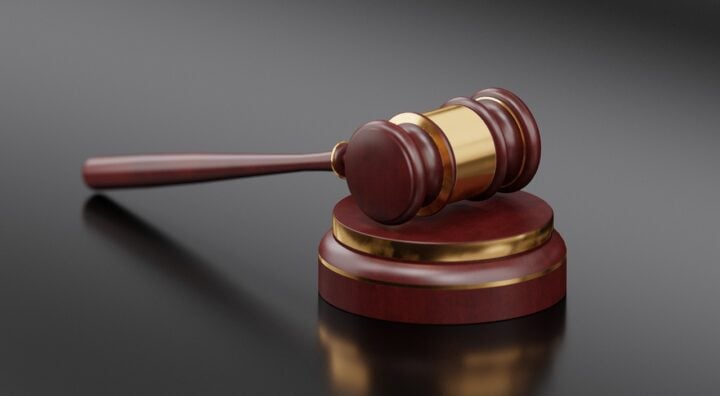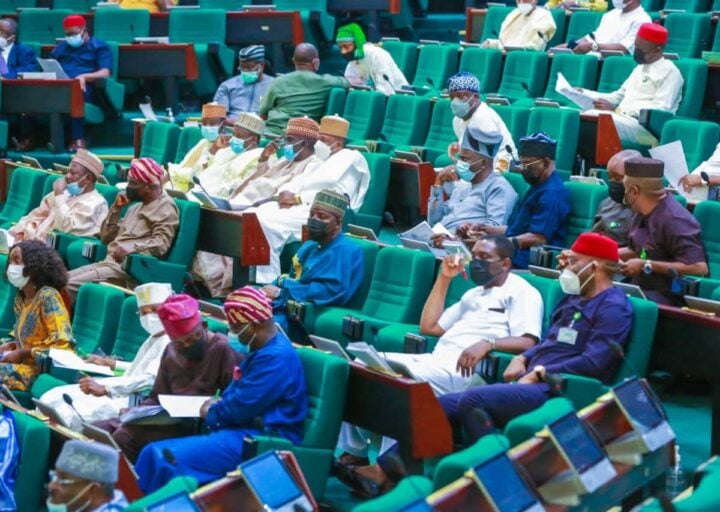A gavel
A federal high court in Abuja has nullified the amendment of the rules of professional conduct (RPC) for legal practitioners in Nigeria done by Abubakar Malami, attorney-general of the federation (AGF)
The RPC sets out the professional duties of lawyers when dealing with clients, courts and their colleagues.
In an amendment by the office of the attorney-general of the federation (AGF) in 2020, the requirement for the NBA stamp and seal on court processes was removed.
Before the amendment, lawyers were mandated to submit any document or letter to the court with a stamp and seal that was sold by the NBA.
Advertisement
But under the new provision, the use of the stamps is no longer necessary, giving room for non-lawyers to also submit court processes.
The affected provisions of the RPC include
- a) Rule 9(2), which relates to default in payment of practising fees;
- b) Rule 10, which relates to stamp and seal for legal practitioners;
- c) Rule 11, which relates to mandatory continuing professional development;
- d) Rule 12, which relates to the Annual Practicing Certificate for legal practitioners; and
- e) Rule 13, which relates to the obligation to give notice of the commencement of legal practice to the branch of the Nigerian Bar Association (“NBA”) responsible for the jurisdiction in which the practice is located.
Olumide Akpata, NBA president, had stated that there was no authorised approval for the amendment, and that the AGF lacked the power to solely amend the RPC.
Advertisement
Akpata argued that due process was not followed, and urged lawyers to stick to the existing RPC.
Delivering judgment on Wednesday in the suit marked FHC/ABJ/CS/77/22 between the Incorporated Trustees of the Nigerian Bar Association Vs. Attorney General of the Federation, Donatus Okorowo, the presiding judge, dismissed the preliminary objection filed by the AGF and held that all the reliefs sought by the NBA succeeds.
The AGF had argued that the NBA lacked the locus to file the suit.
But in dismissing the objection, the court declared that the general council of the bar, which has the authority to amend the RPC, is constituted by several members, and that the RPC cannot, therefore, be legitimately amended by the singular desire and action of an individual.
Advertisement






